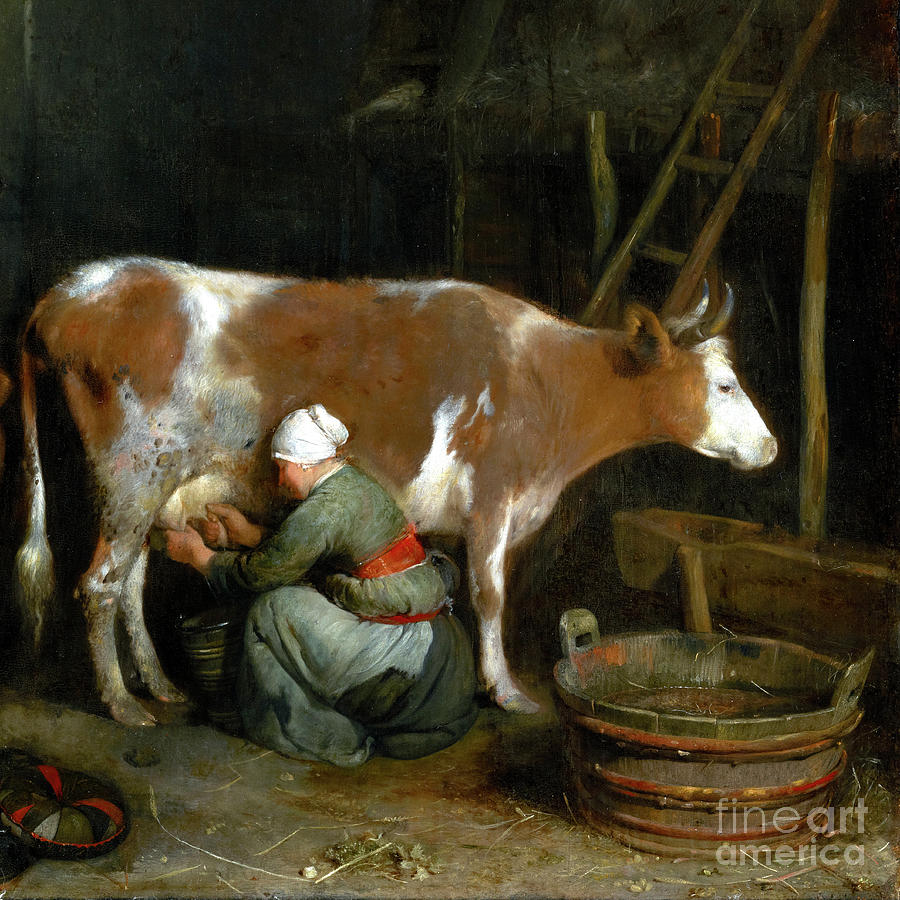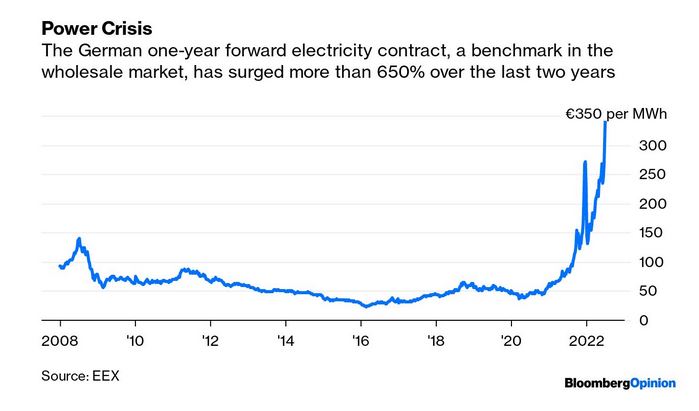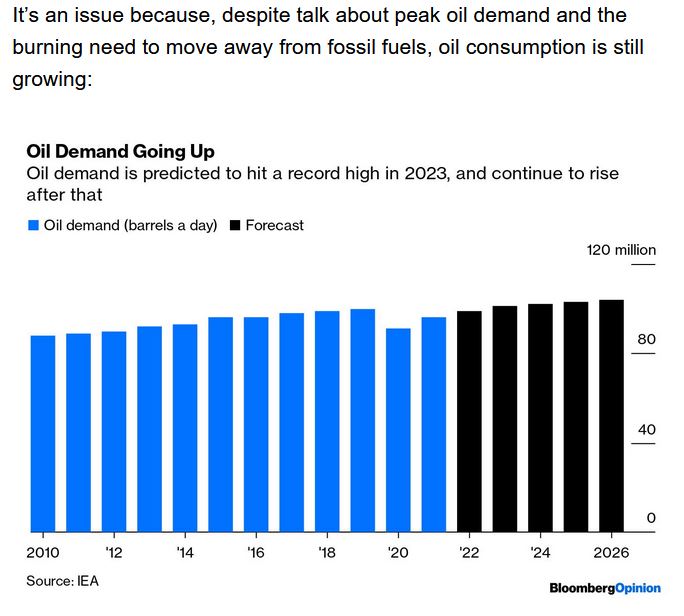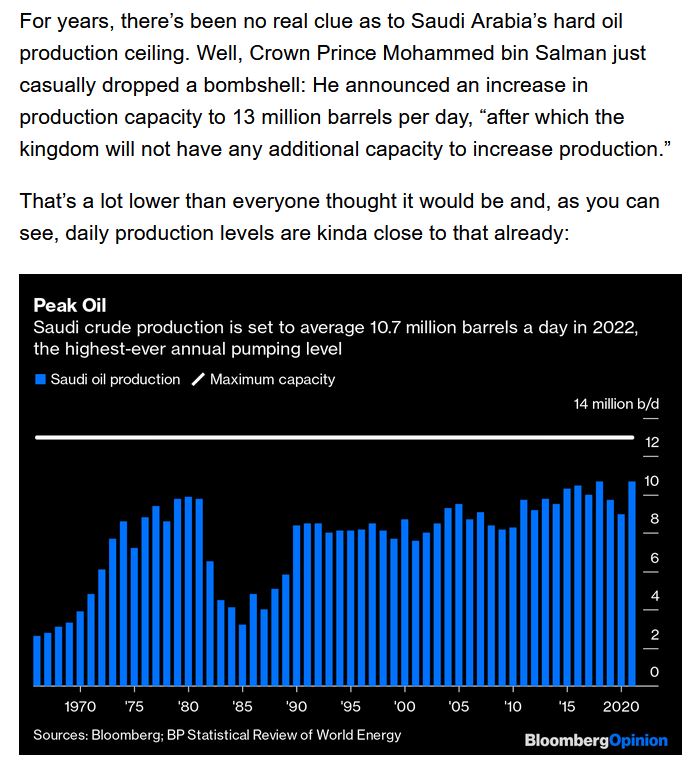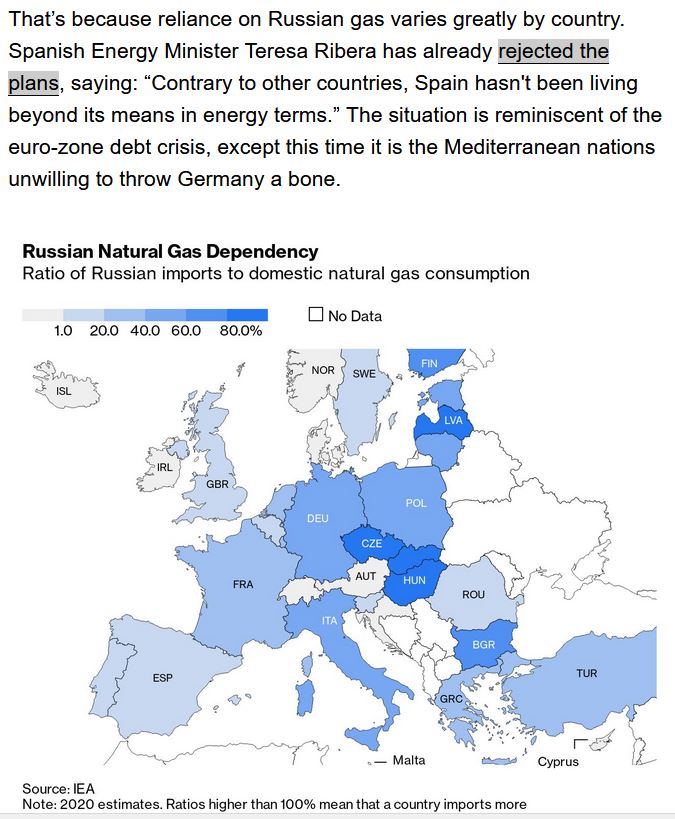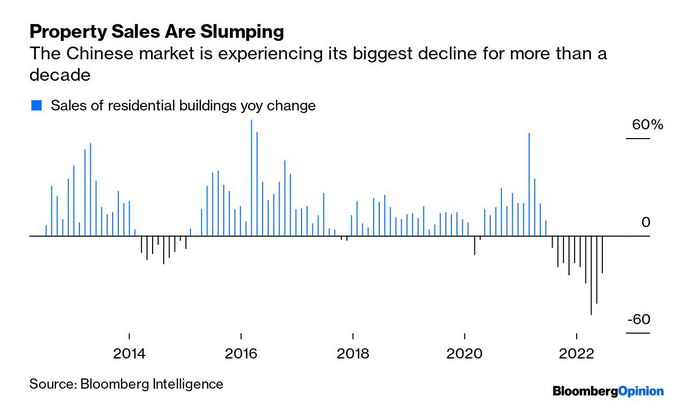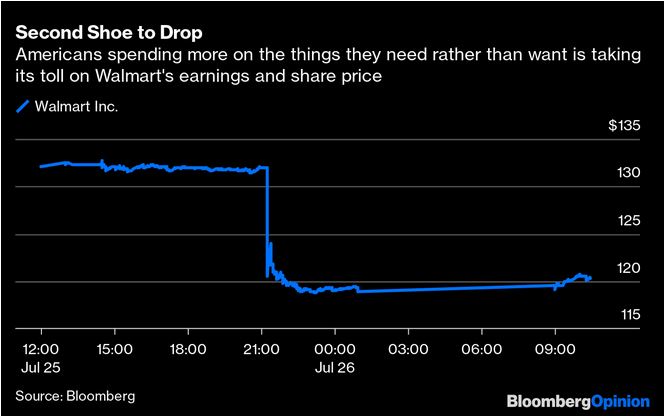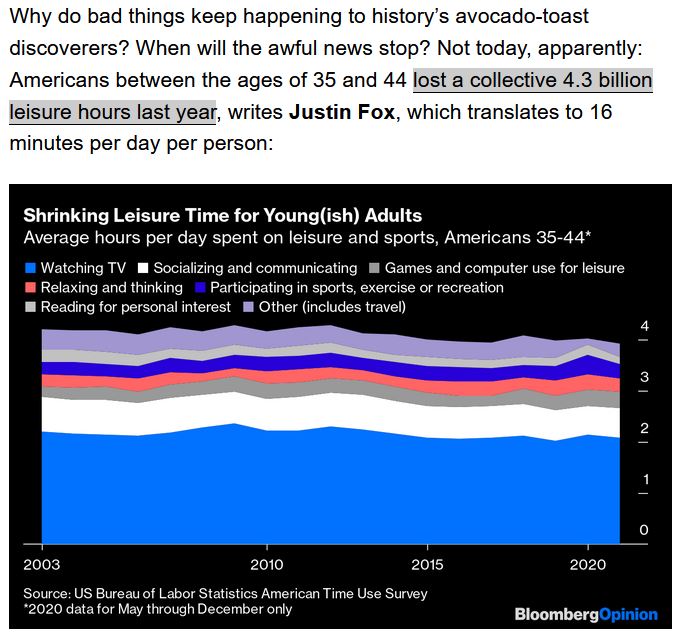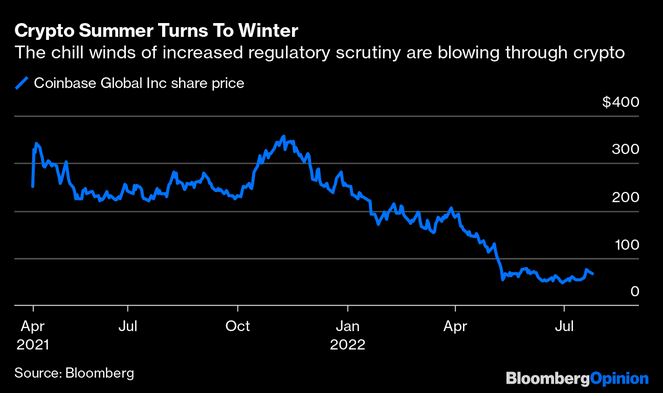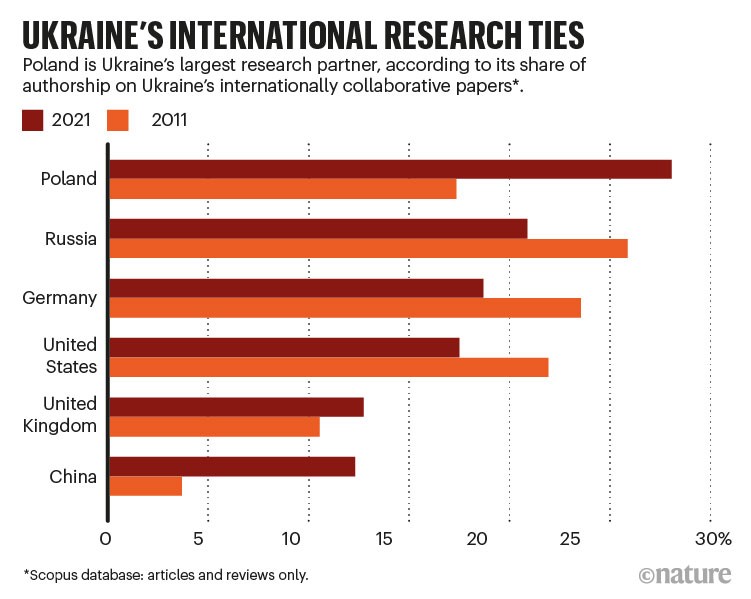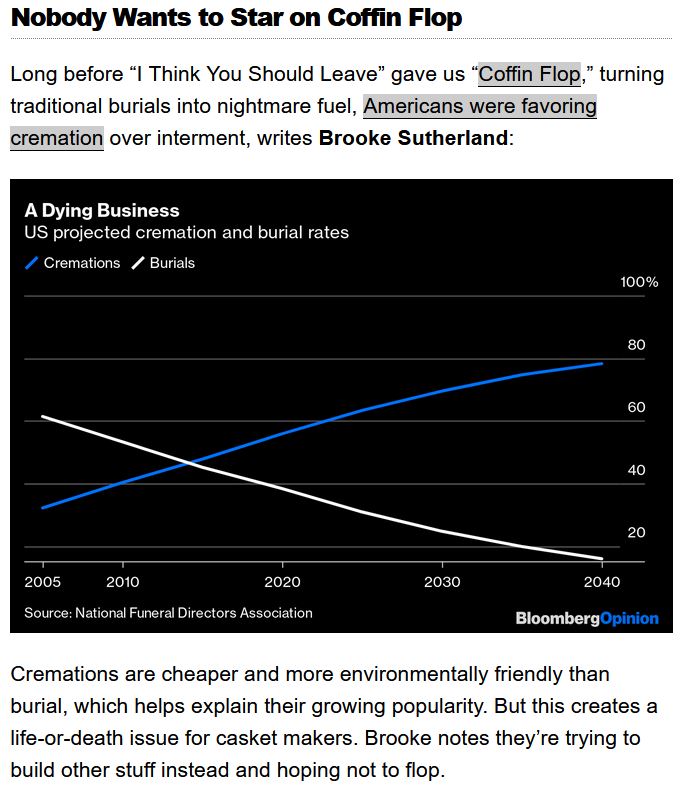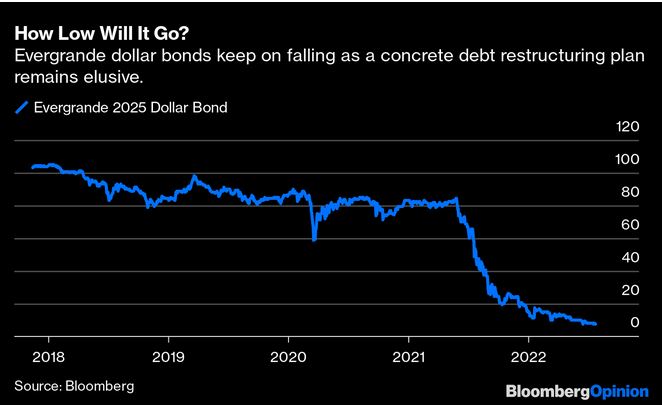|
You
can also view the message online
|
|||||||||||||||||||||||||||||||||||||||||||||||||||||||||||||||||||||||||||||||||||||
 Châtenay-Malabry (FR - 92290), August 08, 2022 EFITA newsletter / 1051 - European Federation for Information Technology in Agriculture, Food and the Environment The informatique-agricole.org site offers you the possibility of subscribing the RSS feeds of its two newsletters See RSS feeds to implement to ensure that you continue to receive this newsletter To unsubscribe this newsletter, please contact me directely: guy.waksman(a)laposte.net if this link Unsubscribe does not work. 
To correspond with me (GW), please use this address: guy.waksman(a)laposte.net To subscribe the efita newsletter (please ask your friends and colleagues to test this link) Efita Newsletters subscription Before computers Weekly newsletters about ICT in Agriculture in English and French Both newsletters have around 14000 subscribers. >>> Last weekly EFITA Newsletters in English (created in 1999) Efita Newsletters >>> Last weekly AFIA Newsletters in French (created more than 20 years ago in 1997) Afia Newsletters >>> Statistics for the last efita newsletter >>> Last issue of the afia newsletter >>> Last available satistics for the afia newsletter A Maid Milking a Cow in a Barn Painting by Audrey Jeanne Roberts
AgTech NEXT 2022 will examine how tech, trade, talent can reinforce our food system October 11-13, 2022, In-Person St. Louis, Missouri · Online Wherever You Are The Donald Donald Danforth Plant Science Center just announced AgTech NEXT 2022, a three-day event that will examine the intersection of technology, trade, and talent as they relate to our regional and global food system. This is the first year AgTech NEXT will take place in person, following completely virtual events held in 2020 and 2021. AgTech NEXT 2022 will be held at the Danforth Plant Science Center, located in St. Louis’ 39 North Innovation District. It’s an understatement to say a lot has happened since AgTech NEXT last occurred, in 2021. War impacting supply chains. Devastating weather ravaging crops. The highest inflation the US has seen in 40 years. The list goes on. “Climate pressures, resource conflicts, and sociopolitical strife are causing an enormous strain on our food system, unlike anything we have seen in decades,” Stephanie Regagnon, executive director of innovation partnerships at the Donald Danforth Plant Science Center, tells AFN over email. This year’s AgTech NEXT event will delve into how we can leverage technology, talent, and trade to address the above issues and secure a better food system for the future. Importantly, AgTech NEXT isn’t just a series of talking points and panels; the conference is all about taking action. “While bringing game-changing technology to market is certainly the Danforth Center’s sweet spot as it relates to the future of food, we feel it’s imperative to have a holistic conversation about the challenges we are facing and, most importantly, the opportunity we have to reinvent and reimagine our food system,” Regagnon notes. “To be successful, that will require innovations in technology, a more diverse talent pipeline and a more equitable trade system.” St. Louis may not be the largest city in the US, but it is certainly considered by many to be the nation’s heart of innovation, particularly when it comes to agrifoodtech tools and strategies that could be applied around the world. Roughly half of all US agriculture is within a 500-mile radius of the city and surrounding areas, and many other sectors are thriving in the city including fintech, geospatial, and healthcare. .../... See agfundernews.comv A landscape with a young woman milking a cow, by Johann Georg Pforr
How did we see the future yesterday?? See the incredible collection developed by Alain Fraval FutureFarming.com > Best management practices for harvest data More acres mean more yield data. But is it useful? As with other agronomic measurements, yield data is only helpful if it actually reflects what’s going on in the field, and if the individual(s) analyzing it know what they are doing. Peter Gredig, a grain farmer from London Ontario, technology consultant, and ag-tech enthusiast, discusses best management practices for getting the best bang-for-buck from yield data post harvest. > Field robots: Video… First AgXeed robot tractor delivered in the Netherlands The first robot tractor developed in the Netherlands by manufacturer AgXeed was recently delivered to P. van Osch Groenteproducties. The vegetable grower wants to use the AgXeed robot tractor for intensive operations such as disc harrowing, deep cultivation and tilling at low speed. > Soil analysis: Syngenta launches precision soil analysis service for farmers Syngenta has signed a licensing agreement with UK based HL Hutchinsons (HLH) to supply agronomists and farmers with an advanced soil mapping and sampling service initially in continental and Eastern Europe. It will be marketed under the name Interra Scan. > Plant breeding: Improving the heat tolerance of chickpeas Work to improve the heat tolerance of chickpeas has sparked the interest of grain growers in northern Australia. Imported breeding lines indicate the legume’s planting window could be pushed into late summer. > Carbon farming: Agreena acquires Hummingbird to enhance validity of soil carbon certificates The Danish company Agreena has announced its acquisition of UK-based Hummingbird Technologies. The purchase of MRV-technology from Hummingbird is to further ensure the validity of Agreena's carbon certificates. > Equipment sharing: John Deere invests in Hello Tractor Hello Tractor connects tractor owners with smallholder farmers in Africa and Asia through a farm-equipment-sharing app, which allows farmers to track and manage their fleet, book customers, and access financing options. > Australian company LYRO Robotics will deliver around 20 autonomous robotic packers to growers in Queensland soon. “We are ready to phase out the really repetitive and dull tasks on the farm”, says General Manager > Field robots: Tractor manufacturer SDF takes over vineyard robot builder VitiBot The European agricultural equipment manufacturer SDF is taking a majority stake in VitiBot, the French developer of vineyard robots. The two companies join forces to develop and offer the market a range of innovative and high-performance solutions for precision agriculture. > Electric tractors: Subscription-based electric tractor for rural India Indian designer Madhav Dua designed a multifunctional subscription-based electric tractor that can be easily customised with different plug-and-play components. It can be equipped with a number of different farming tools to create an all-encompassing harvesting vehicle for rural India. > Autonomous tractors: Monarch Tractor partners with India-based AI start-up Monarch Tractor has opened an office in India. As part of Monarch's expansion to the country, the company is teaming up with AI and machine vision analytics start-up Einsite to work on the development of edge applications and autonomy models and algorithms. > Podcast: How automating agricultural processes increases your efficiency Machine Vision in farming? Seriously? Oh yes! This podcast is about the future of agriculture and the challenges that come with it. The key is a properly applied technology. > Big Data: Is Big Data a new input for farming? Data have become new input in agriculture, enabling farmers to increase productivity levels. The structured information can, to some extent, improve results, like fertilizers, seeds, chemicals and water already do for growers. But how? See futurefarming.com Milk Maid and Cow, 1915, by Edward Hopper
How many vaccine booster doses have been administered? Booster doses are doses administered beyond those prescribed by the original vaccination protocol — for instance, a third (or fourth) dose of the Pfizer-BioNTech and Moderna vaccines, or a second dose of the Johnson & Johnson vaccine. Worldwide, just over 28 booster doses have been administered for every 100 people in the population. There are vast differences across countries, ranging from less than 1 dose in Nigeria and numerous other countries, up to Chile’s 133 doses per 100 people.
Arable Raises $40 Million to Accelerate Sustainable Agriculture Funding will help company advance climate resilience by accelerating product development, delivering new services, and expanding its global footprint. See Globalagtechinitiative.com TELUS Agriculture Expands Its Scope, Becoming TELUS Agriculture & Consumer Goods TELUS is broadening its business strategy to deliver data insights and a wide range of integrated digital solutions to customers beyond the agricultural sector See Globalagtechinitiative.com Radicle Growth Launches The Radicle Farm to Accelerate Development of Early-Stage Agtech Companies The Radicle Farm is a cohort-style program that identifies start-ups who need access to trial design and agronomic support. See Globalagtechinitiative.com Man Outside a Stable, 1651, by Paulus Potter (1625-1654)
AgriTech Business Aerobotics Releases New Yield Management Platform Aerobotics is pioneering the use of computer vision for the precision farming of perennial crops. See Globalagtechinitiative.com Unleashing Innovation: Phase One of Your Endurance Race in Ag Technology Choosing your specific course is key to surpassing customer expectations and building your brand as you expand into new distances of business growth. See Globalagtechinitiative.com Are we happier when we spend more time with others? In 1938, researchers started the Harvard Study of Adult Development to track the lives of a group of teenage boys through periodic interviews and medical checkups. They wanted to understand how the boys' health and well-being evolved as they grew up. The study is still ongoing, making it one of the longest-running research programs in social science. It has offered a wealth of information, including this headline result: social connections are one of the most important factors for your happiness and health. As the current study director put it: “Those who kept warm relationships got to live longer and happier, and the loners often died earlier.” In this article from July 2019, we take a closer look at the Harvard study as well as other research that finds a consistent, positive link between social connections and happiness.
Exit for CoverCress as Bayer buys majority stake in gene-edited cover crop startup, by Jennifer Marston, August 2, 2022 - Pharma and biotech giant Bayer has increased its investment in low-carbon oilseed producer CoverCress to take a 65% majority stake. - The remaining 35% of CoverCress will remain with agribusiness Bunge and energy company Chevron U.S.A., according to a shareholders agreement signed by the two companies and Bayer. - The deal will enable CoverCress to further commercialize its namesake winter oilseed product into a cover crop that can provide lower carbon fuel feedstock to the renewable fuel industry while also bringing farmers another source of revenue during the growing season. .../... See agfundernews.com Cows Coming Down a Path, by Willem Roelofs (1822-1897), Nederland
How the agriculture industry could go from farming to “ferming" (i.e. fermentation), by Lauren Jackson, July 29, 2022, in The New York Times >>> A fermented future? Fermentation, essential for making sourdough bread, beer and cheese, has been around for centuries. But advances in the science of fermentation are helping researchers decouple animals from the proteins they produce. Specifically, “precision fermentation” is helping food scientists grow ingredients found in animal products without the need for a traditional farm. Instead, the scientists isolate the specific ingredients, then multiply their cells in brewery-style tanks. The result? Animal-free eggs, milk and meat that are biologically similar to animal products. “It’s a new way of producing protein-rich and fat-rich foods, which can greatly reduce the amount of land we require and the amount of water,” Mr. Monbiot said. Recent innovations in precision fermentation are allowing scientists to replicate, for example, “the exact fatty acid” that makes meat taste like meat, said Dr. Liz Specht, who oversees a research team focused on the future of alternative protein at the Good Food Institute. Experts say these developments will help close the gap between plant-based products and their animal-derived analogues, making them nearly indistinguishable in taste and texture. “It’s a tool in the tool kit to get these plant-based products over those next few hurdles, from a sensory perspective and from a cost-reduction perspective,” she added. “This is very, very different than what was happening in the protein space, say, five years ago.” These products, alongside lab-cultivated meat, could appeal to flexitarians or to occasional consumers of plant-based products who haven’t been sold on the taste so far, enabling more consumption of meat alternatives. And that little bit could make all the difference, scientists say. “It’s a new way of producing protein-rich and fat-rich foods, which can greatly reduce the amount of land we require and the amount of water,” Mr. Monbiot said. Recent innovations in precision fermentation are allowing scientists to replicate, for example, “the exact fatty acid” that makes meat taste like meat, said Dr. Liz Specht, who oversees a research team focused on the future of alternative protein at the Good Food Institute. Experts say these developments will help close the gap between plant-based products and their animal-derived analogues, making them nearly indistinguishable in taste and texture. …/… See nytimes.com Power Crisis in Germany
Oil Demand Going Up
Saudi Arabia not able to produce more oil
Reliance on Russian gas varies within the EU
3 ways autonomous farming is driving a new era of agriculture, by Kayleigh Bateman, Jan 20, 2022 (World Economic Forum) Here are three ways autonomous farming is set to take the agricultural industry by storm. 1. Easing farming labour shortages with autonomous tractors 2. Supporting sustainable farming with drones 3. Improving productivity with seed-planting robots .../...
Un laboureur et son troupeau (1648), by Paulus Potter, Gemäldegalerie Alte Meister, Kassel (Hesse)
Wild Tiger Numbers Up 40 Percent Since 2015 Assessment, by Olivia Rosane, July 25, 2022 Cat lovers rejoice! There are more wild tigers in the world than conservationists previously believed. The news came in an update announced last Thursday to the International Union for Conservation of Nature’s (IUCN) Red List of Threatened Species. While tigers (Panthera tigris) are still considered Endangered, there are 40 percent more of them than was indicated by the last population assessment in 2015. See ecowatch.comv The Milkmaid, by Paulus Potter
A first thought for today I daresay anything can be made holy by being sincerely worshipped. Iris MURDOCH, writer (1919-1999) A second thought for today The greatest threat to freedom is the absence of criticism. Wole SOYINKA, playwright, poet, Nobel laureate (1934 - ) A third thought for today Love is so short and forgetting is so long. Pablo NERUDA, poet, diplomat, Nobel laureate (1904-1973) In China Property Sales Are Slumping
Is the New York Times Finally Learning to Love GMO's? Has the New York Times, which has been squarely in the 'No GMO' column for many years, moved into this century? Drs. Kathleen Hefferon and Henry Miller argue yes, but not nearly enough so to make up for past misrepresentations about genetic modification. …/… See acsh.org Charles Babbage and Ada Lovelace: Early Computing / Heroes of Progress / Ep. 49 Humans have been making calculating machines for millennia, from the ancient abacus to the mysterious Antikythera mechanism. See video See article Eradicating FGM Requires Persuasion, Not Punishment, by Rifal Imam Female genital mutilation is a stubborn problem. Despite nearly a century of international activism, the practice persists in 31 countries, affecting 200 million girls and women worldwide. However, the failure to eliminate FGM reveals a valuable lesson: the best way to change social norms is through persuasion, not punishment. See humanprogress.org Wallpart's earning Down
Less Leisure Time for Young Americans
Cryptos' Winter
Cost of Training an Image Classification System Image classification training teaches computers to interpret images, allowing them to detect tumors in MRI scans or traffic lights when operating a self-driving car. It is essential to automation, and it is getting much cheaper. According to Stanford University's Artificial Intelligence Index, the cost of training an image classification system fell from $1,112.6 in 2017 to just $4.6 in 2021. We think Babbage and Lovelace would be amazed.
The State of AI in 9 Charts The latest AI Index report shows major growth in AI jobs and degrees, a huge uptick in private investment, more capability, and more issues in fairness and bias. See hai.stanford.edu Osny, Paysage, 1883, par Camille Pissarro (1830-1903)
Robert Zubrin joins Chelsea Follett to discuss the world-changing potential of nuclear energy and space travel, as well as the Malthusian forces that threaten humanity's future At first, we relied on the calories we could extract with our stomachs. Later, we discovered fire to cook, domesticated animals to pull our plows, and built wind and water mills to crush our grain. Then, in the 1800s, fossil fuels propelled us into an era of unprecedented economic growth. Finally, in the 1940s, we discovered an even more powerful and abundant energy source within the atom. Unfortunately, we decided not to harness its full potential. In this episode of the Human Progress Podcast, the engineer and author Robert Zubrin joins Chelsea Follett to discuss nuclear energy and how it is essential to a free and prosperous future. See video See transcript
The war in Ukraine is changing global science In just five months, Russia’s war on Ukraine has killed thousands of people, displaced millions and ruptured global geopolitics and economics. It is marking science, too. The heaviest impacts are in Ukraine, where researchers have seen their institutions bombed and are facing upheaval and threats to their livelihoods. In Russia, scientists are contending with boycotts and sanctions in response to their country’s actions. More widely, the crisis has created economic and political rifts that have already affected research in physics, space, climate science, food security and energy. A prolonged conflict could foment a significant realignment of scientific-collaboration patterns.
Muscle Up to Some Protein Every Day What should we be eating? Meat? Plant-based foods? The Mediterranean Diet? With all the competing claims out there, it can be hard to know what to put on our plates. Luckily, there is at least some agreement among those who study nutrition: we all need protein. ARS researchers are exploring how regular protein consumption can ward off disability in older adults. ARS Researchers Explore How Regular Protein Consumption Can Ward Off Disability in Older Adults A man reaching for a grocery item on a shelf A man selects groceries at Purcell Nutrition Services in Purcell, OK. It is important, especially for older people, to ensure they consume enough protein in each meal. (Photo by Don Hamilton for USDA). What should we be eating? Meat? Plant-based foods? The Mediterranean Diet? With all the competing claims out there, it can be hard to know what to put on our plates. Luckily, there is at least some agreement among those who study nutrition: we all need protein. “Because protein is found in all cells of the body, it is important for the structure, function, and regulation of the body’s tissues and organs as well as a healthy immune system,” explained Dr. Shanon Casperson, Research Biologist and Lead Scientist with ARS’s Grand Forks Human Nutrition Research Center (GFHNRC), in Grand Forks, ND. “Without adequate protein intake, the body will break down its existing skeletal muscle to get what it needs to maintain critical metabolic functions; this becomes especially important for older adults during times of illness or injury.” That’s why Casperson, along with GFHNRC Director Dr. James Roemmich and collaborators at North Dakota State University, set out to examine the association of eating protein and health outcomes among older adults. In particular, they examined whether eating enough protein might be correlated with functional disability – that is, injuries and impairments that interfere with a person’s ability to complete the ordinary functions of daily life – among older Americans. To do so, they used dietary recall data – what people remembered about what they had eaten – from adults who were at least 60 years old. The data was collected between 2007 and 2016 as part of the National Health and Nutrition Examination Survey, a broad survey designed to assess the health and nutritional status of adults and children in the United States. “Research shows that older adults need about 0.54 grams per pound of body weight per day,” said Casperson. “However, most older adults do not consume this amount of protein. In fact, about 40% of older adults do not consume even the recommended dietary allowance (RDA) of about 0.37 grams per pound per day.” .../... The findings provide an important foundation for future research. Because the study relied on self-reported data from participants, Casperson noted that more robust clinical trials are needed. Additionally, she added, the researchers would ultimately like “a more comprehensive understanding of the role plant-based proteins play in the preservation of functional capacity in older adults.” For now, though, the health benefits of consuming proteins are clear, especially for older adults. “It is important to make a conscious effort to consume an adequate amount of protein every time they eat for healthy aging,” Casperson said. – by Kathryn Markham, ARS Office of Communications. See tellus.ars.usda.gov
How low Chinise Evergrande will go?
Healthy soil practices worth soiling your undies for, by Agdaily Contributors, July 28, 2022 .../... “It makes my stomach turn every time I see topsoil spilling into drainage ditches after a heavy rain, which is why I am working with several other farmers in our area to spread the word about the importance of implementing healthy soil practices,” said Wayne Bierlein, owner of WMW Bierlein Farms. “I would encourage any farmer who is even remotely interested in no-till farming, how to utilize cover crops, and other tried-and-true healthy soil practices to reach out with questions or attend one of our meetings.” “Our farmer-led peer groups here in Michigan and across the Midwest are vital to spreading the word about healthy soil and water management practices that keep our drinking water safe, make fields more resilient to floods and droughts, and help farmers innovate,” said Mary Fales, soil health and nutrients program director for TNC’s Midwest Division. “The farmers leading these groups are walking the walk and are a great resource for other producers who want to save time and money by implementing these practices.” See agdaily.com A Pond in Ennery, 1874, by Camille Pissarro
No hair or salon cleaning Feeling down about my thinning hair, I told a friend: “Soon I’ll never need to go back to the beauty salon. Whenever I vacuum, all I pick up is my hair.” A glass-half-full kind of gal, she responded, “Well, then you won’t need to vacuum either.”
The distribution of this efita newsletter is sponsored by vitisphere.com Please, contribute to the content of your efita newsletter, and advertise your events, new publications, new products and new project in this newsletter. Without your support, it will not survive! Contact: Guy WAKSMAN E-mail: guy.waksman(a)laposte.net To read this newsletter on our web site See Efita The archives of this newsletter See Efita Do not miss the Virus Jokes in English and French About the EFITA mailing list You can use the efita moderated list (> 15000 subscribers) to announce any event / product / web site / joke (!) related to IT in agriculture, environment, food industry and rural areas. If you want to subscribe a friend, please fill in his form. If you do not wish to receive our messages, please fill in the following form... |


